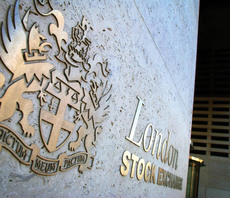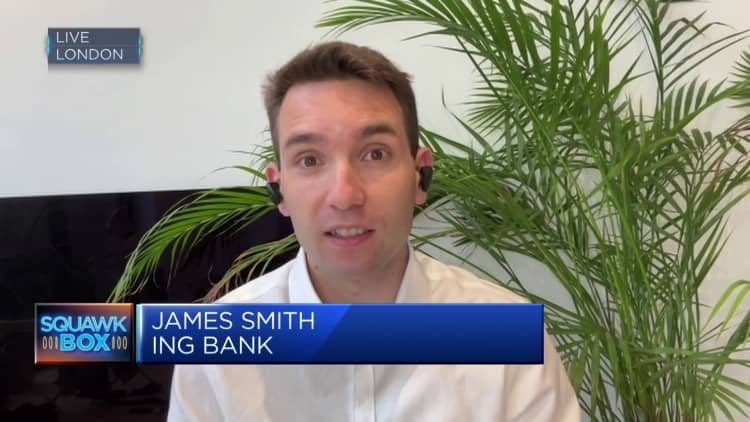Distressed debt levels at private equity-owned companies have surged amid persistent high interest rates, with the amount owed by portfolio companies of the world’s 50 largest PE firms up 18% since mid-March to $42.7bn, according to a report by Bloomberg citing rankings from Private Equity International.
With the PE industry loaded up with companies acquired during a period of low interest rates, industry leaders including Apollo Global’s Scott Kleinman and Steve Wilkinson, a managing director at S&P Global Ratings, addressed the subject at the recent SuperReturn International conference in Berlin.
Kleinman noted that investors will have to navigate a difficult period, while Wilkinson highlighted that capital structures that were feasible in a low-interest-rate environment are now challenging to maintain, especially for highly leveraged companies struggling operationally.
Leveraged loans, a preferred financing method for private equity buyouts, have increasingly contributed to the distressed debt market. As of 7 June, leveraged loans constituted 15.6% of Bloomberg News’ distressed debt tracker, up from 13.6% at the end of February.
With a sluggish M&A market, PE firms are finding it harder to exit investments, extending the retention period and increasing the burden of managing portfolio companies’ debt amid rising borrowing costs. Bank of America strategists noted that the new leverage level in buyouts is closer to four times earnings, half the level before the interest rate hikes.



